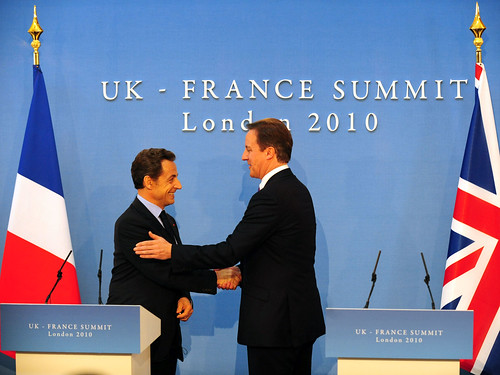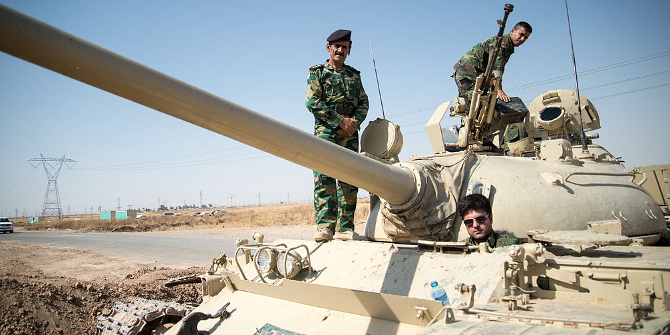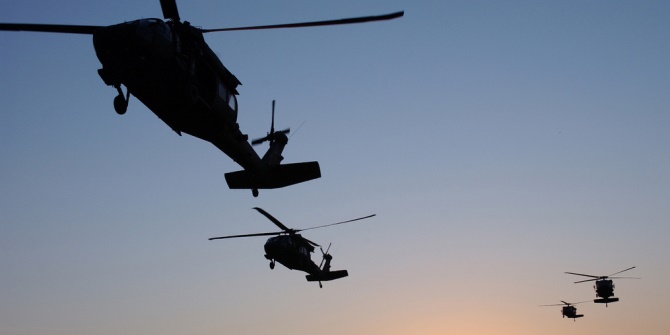Past attempts at meaningful Anglo-French defence cooperation have usually derailed quite quickly. But the new 50-year defence and security treaty signed by David Cameron and Nikolas Sarkozy may have more staying power due to changes that have taken place on both sides of the channel. Professor Chris Brown argues that the Treaty is still probably rather less significant than the media hype suggests.

Efforts to increase Anglo-French defence co-operation crop up quite regularly because neither country finds it easy to sustain the sort of role they would like to play in the world by acting alone. However, past attempts at cooperation have resulted in crises when profound disagreements cause nascent efforts to collapse. For example the most recent St Malo Accord of 1998 was followed a few years later by the collapse of Anglo-French relations over the 2003 Iraq war. Will it be different this time? It is possible; the economic incentives to co-operate are greater than ever, British involvement in Iraq is over, and, most importantly, France has returned to NATO and is working alongside the UK in Afghanistan.
Much press commentary has focused on the idea of joint use of aircraft carriers after 2020 when the UK, allegedly, will have both a carrier (HMS Prince of Wales) and aircraft to fly off it, as will the French with the Charles De Gaulle. This might be significant in turns of planning refits, training and the like, but may not be as useful in the case of actual combat. In the very unlikely event of NATO becoming involved in a large scale conventional war, one could certainly imagine French planes flying of a British carrier and vice versa, but in those circumstances US carriers would also be used by both nations – if the chips are were down any flight deck would do.
More practical applications of naval co-operation would include things like joint Anglo-French naval patrols, for example, against piracy – but NATO navies are already co-operating in the Indian Ocean. Again, it isn’t clear how the new Treaty will substantially change things. Anglo-French training exercises on land and at sea will certainly be valuable, but surely not enough to warrant a high-profile signing ceremony.
Measures for joint testing of nuclear weapons (done virtually nowadays, you’ll be glad to hear) are indeed quite significant, but a more interesting area for co-operation would be in sharing intelligence resources, especially electronic eavesdropping. But this ‘special relationship’ is really between the US and the UK (and other members of the ‘Anglosphere’ like Canada, Australia and New Zealand) and it is doubtful that France will be invited to join this very important and exclusive club.
Click here to respond to this post.







1 Comments